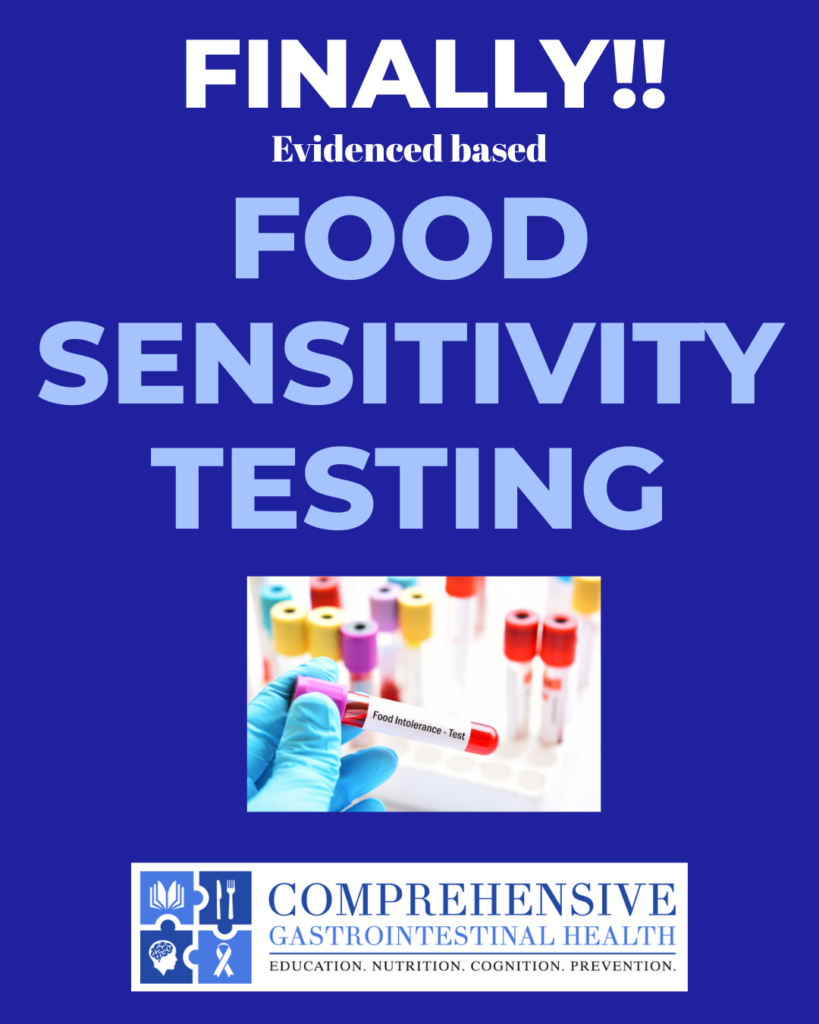Evidence-Based Food Sensitivity Testing

What is the inFoods® IBS food sensitivity test?
The inFoods® IBS food sensitivity test is an evidence-based, clinically validated blood test that identifies foods that may trigger irritable bowel syndrome (IBS) symptoms through a specific immune system response (the IgG antibody response). This test differentiates itself from other commercially available food sensitivity tests by focusing on specific foods that have been shown to trigger IBS symptoms, rather than just measuring a general immune response to foods.
While IgG antibody responses to food had previously been suggested as causing IBS symptoms, prior studies on IgG-based elimination diets had limitations. The inFoods® IBS food sensitivity test has been validated in a multicenter, randomized, double-blind, sham-controlled study with participants from eight academic centers across the United States. Participants with IBS were screened with a proprietary assay that tests IgG antibody levels to 18 different likely-culprit foods. The study results were published in the premier GI journal Gastroenterology in January 2025
What is the difference between a food sensitivity and a food allergy?
A food allergy involves an immune system reaction, often mediated by Immunoglobulin E (IgE), and can cause immediate and potentially life-threatening symptoms like anaphylaxis. Even trace amounts of the allergen can trigger a reaction. In contrast, a food sensitivity or intolerance typically involves the digestive system and is often associated with delayed symptoms such as bloating, gas, abdominal discomfort, and altered bowel habits. These reactions are usually not life-threatening and may occur when consuming larger quantities of the offending food. If you have a food intolerance, you may be able to eat small amounts of the offending food without trouble. It is recommended to work with a registered dietitian to determine your individual food intolerance threshold.
How does the inFoods® IBS food sensitivity test work?
The test typically involves a finger prick blood sample, which is then analyzed to identify the body’s immune response to a panel of 18 specific foods. Elevated levels of IgG antibodies to certain foods may indicate these foods are contributing to IBS symptoms. The results can be used to guide individuals to create a targeted elimination diet to manage their IBS symptoms.
Click HERE to learn more.
